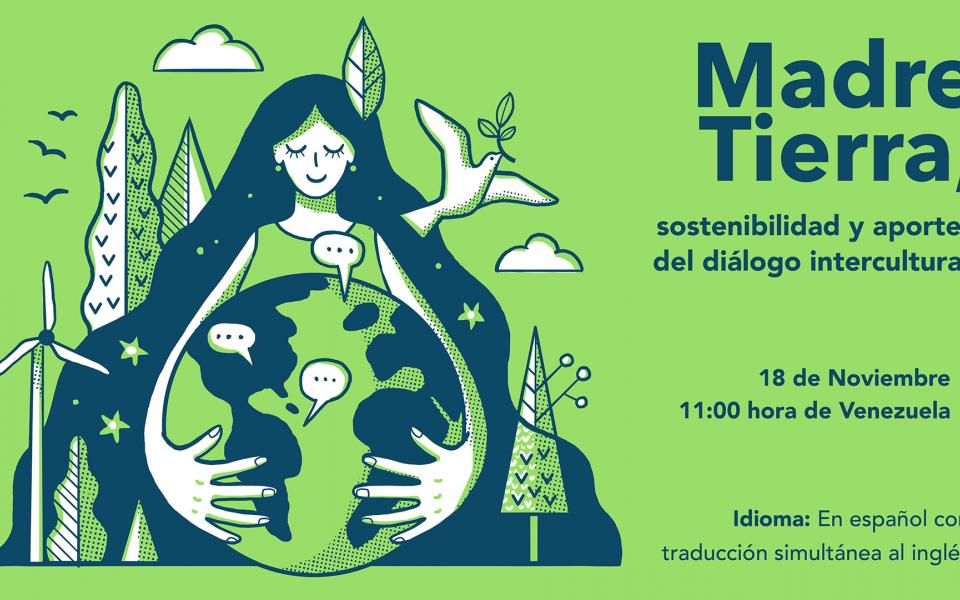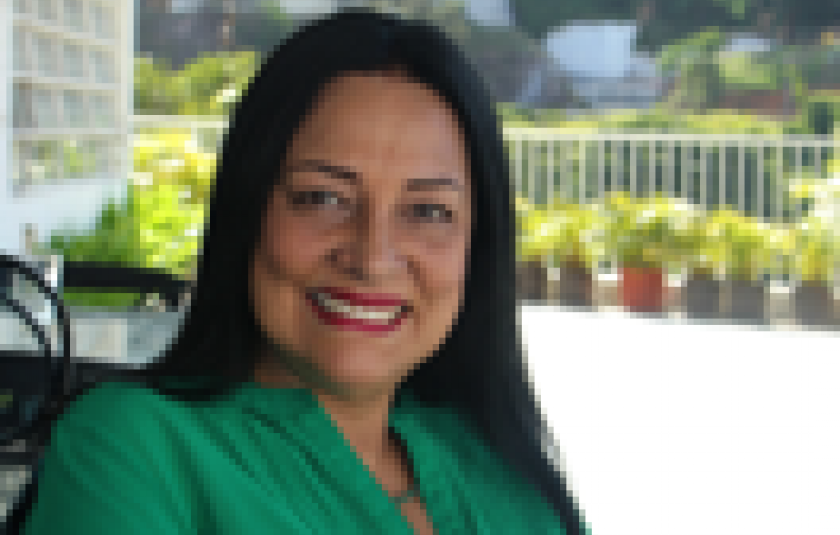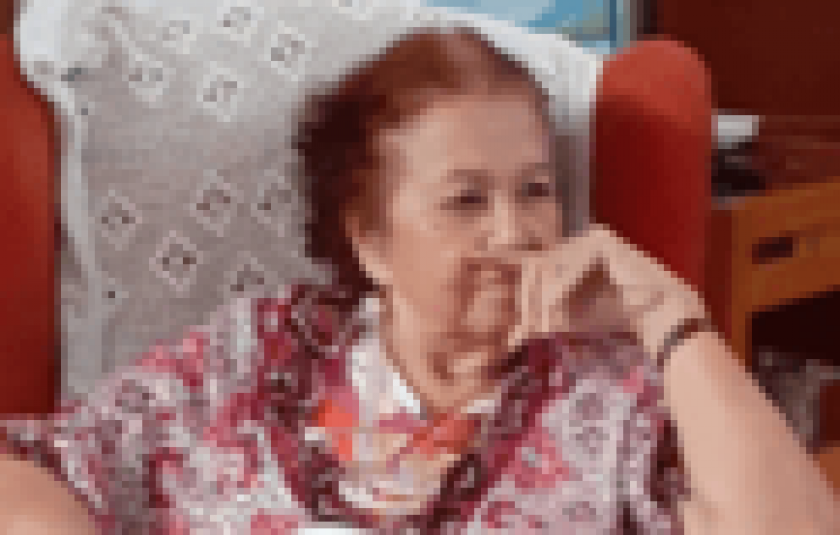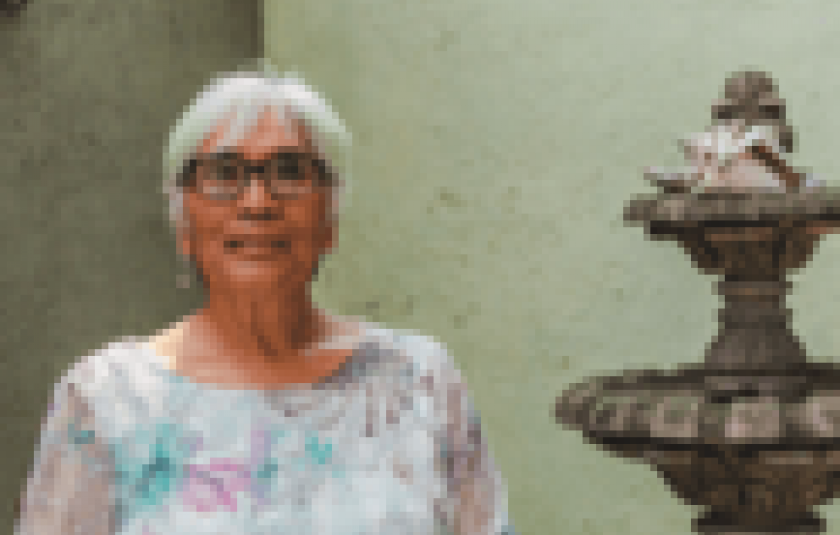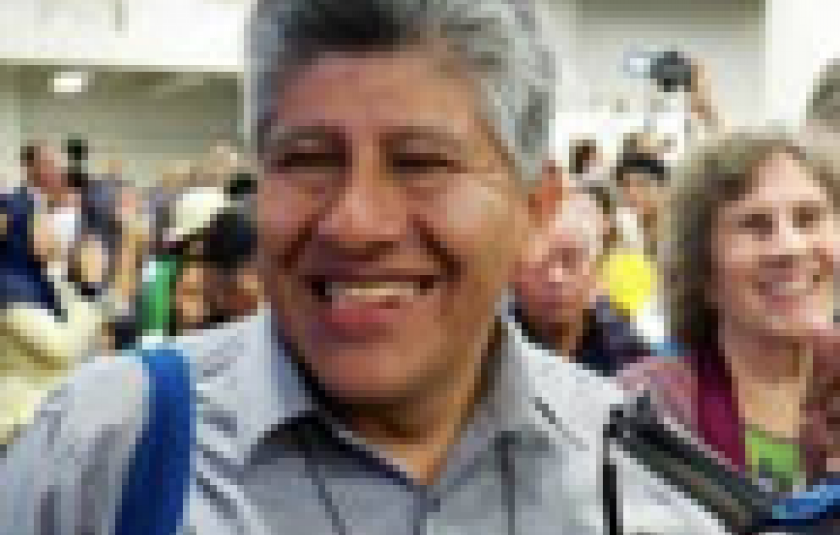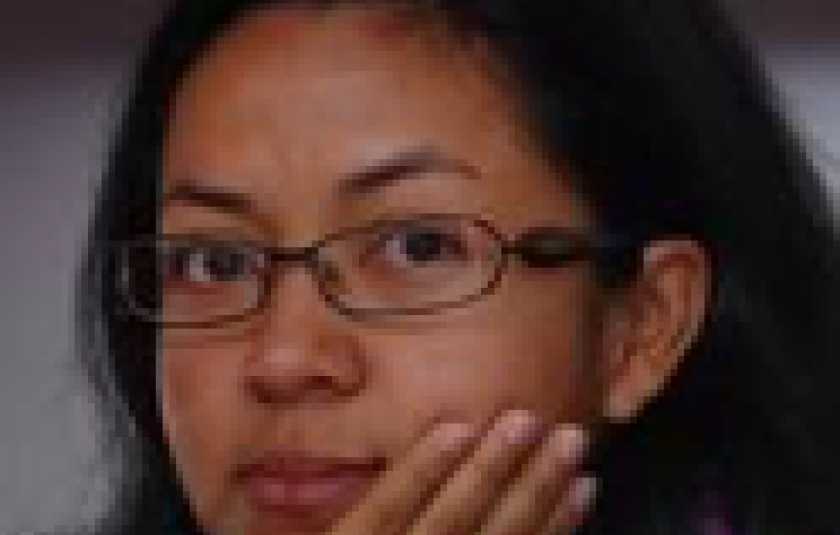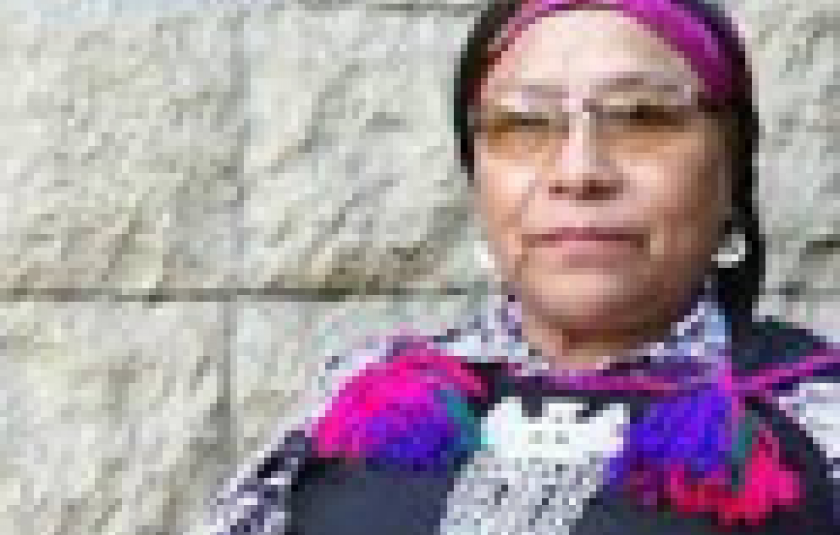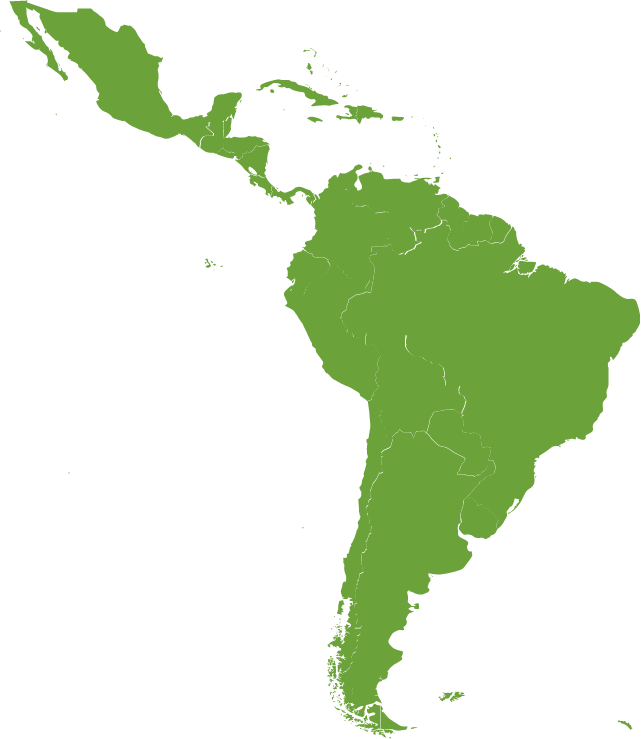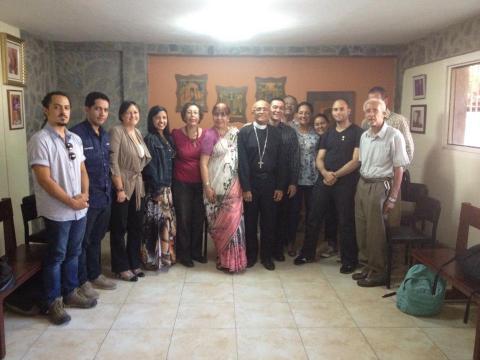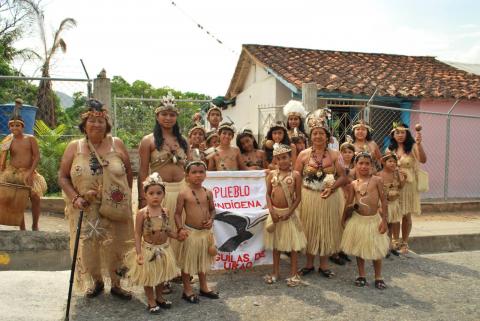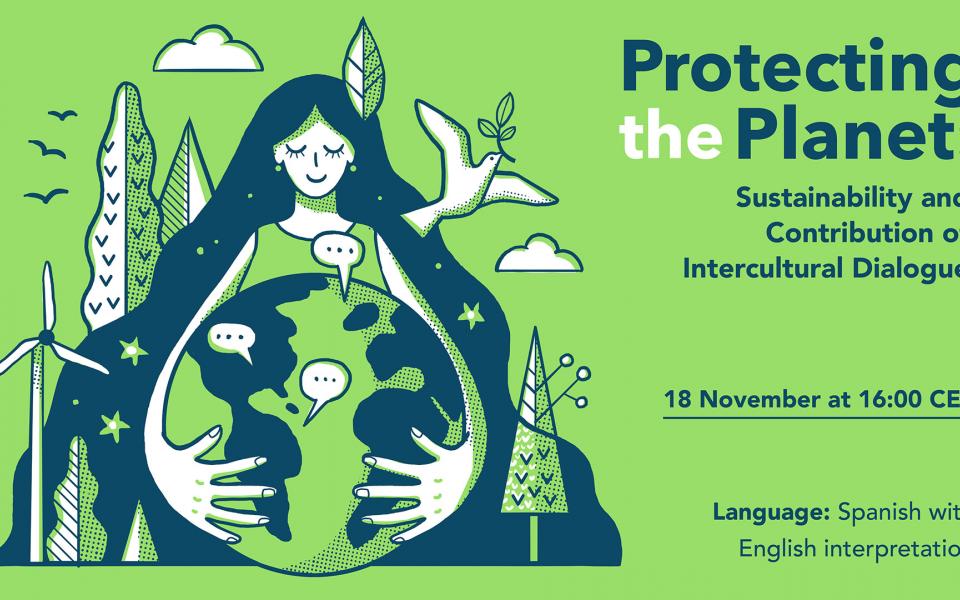
Interreligious and intercultural dialogue go hand in hand, that is, they coexist. Relationships are the essential form of our human existence, inter-subjectivity defines us, because the "I" does not exist ontologically before the relationship, we require a "we" that is built in shared experience. Our knowledge of the world, of ourselves and our languages, are framed within a personal and social history; within a cultural and political context, following certain social practices that we inherit from previous judgments of reality that make up the vision of the world that is familiar to us and that we lead to the encounter with “otherness”. We need to learn to open ourselves to what is "foreign", developing the ability to listen and appreciate the meaning of the other, to recognize their similarities and differences with our own meanings in the willingness to incorporate them for the common good. In that sincere exchange movement, it is where we get involved with others.
Dialogue evokes the personal openness to the history and cultural tradition of others, in addition to the determination to commit to otherness; because from this existential challenge emerges the personal and collective transformation, the ethical principles that are applicable in the encounter between individuals, communities, nations and states.
KAICIID, the Central University of Venezuela and United Religious Initiatives Latin American and Caribbean Region are hosting a special webinar on the issue of Faith and Sustainability for our planet, inviting representatives of ancestral indigenous cultures to discuss new approaches to interculturality focused on the dialogue between the original sacred knowledge and those of scientific research.
Learn more about the Central University of Venezuela: http://www.ucv.ve/
The Central University of Venezuela (or Universidad Central de Venezuela, UCV, in Spanish) is a public university of Venezuela located in Caracas. It is widely held to be the highest ranking institution in the country. Founded in 1721, it is the oldest university in Venezuela and one of the oldest in the Western Hemisphere. The main university campus, Ciudad Universitaria de Caracas, was designed by architect Carlos Raúl Villanueva and it is considered a masterpiece of urban planning and was declared a World Heritage Site by UNESCO in 2000.
Learn more about the United Religious Initiatives Latin American and Caribbean Region: https://urialc.org/es_es/
Cooperation Circles in URI Latin America and the Caribbean encourage cooperation among diverse people, thus addressing the most urgent issues facing their local communities. Their work involves different areas: promoting interreligious and intercultural dialogue between young people and adults; to educate in values towards environment protection as our Mother Earth; improve households in poor communities, educating children and youth in the values of peace and coexistence; combat racial and ethnic discrimination; avoid abuse by gender; empower women against abuse and domestic violence, organizing retreats, make camps and activities in overall to connect with the sacred; ensure compliance human rights, divulge URI´s mission and practice its principles in everyday life experience.
SPEAKERS:
Prof. Raquel Gutiérrez Nájera
Professor-Researcher of the Chair of Environmental Law and member of the Academic Board of the Doctorate in Law of the University of Guadalajara, Mexico. Social Counselor of the Coordination of Evaluation of the National Policy on Climate Change 2015-2024
She is a lawyer from the University of Guanajuato, a Master in Criminal Law from the University of Guadalajara and a PhD in Criminal Sciences from the National Institute of Criminal Sciences. She is a full-time Professor-Researcher, Titular C, at the University of Guadalajara, where she has worked since 1987 to date. She teaches the Chair of Environmental Law in undergraduate and graduate degrees. She coordinates different research projects related to the environment, access to justice, human rights and climate change. She has directed several bachelors, masters, and doctoral theses on law, management and environmental policy at the University of Guadalajara and as an external reader at other academic institutions. It receives students in summer academic research stays in the DELFIN Program. She is a member of the Academic Board of the Doctorate in Law of the CUCSH of the University of Guadalajara. She is part of the National System of Researchers in the category of National Researcher Level I.
Since 1997 she has participated in the World Environmental Law Alliance (E-Law) and in the Living Lakes Network. She is the author of the book Introduction to the Study of Environmental Law, the ninth edition published by Porrúa, as well as countless articles and collective books.
She has received the recognitions of The Kerry L. Rydberg Ecological Activism Award in 2007 granted by the Public Interest Conference of the University of Oregon, USA, Ecological Merit Award in 2009 granted by SEMARNAT, in the individual category of the academic sector Svetlana Kravchenko Award from the University of Oregon in 2013 for incorporating human rights in the defense of the environment.
In 2015, she was appointed Social Counselor of the Coordination of Evaluation of the National Climate Change Policy by the Inter-ministerial Commission on Climate Change for a period of 4 years and ratified for a further period 2020-2024.
Prof. María del Pilar Quintero
Professor and Coordinator of the Research Group of Social Consciousness in Venezuela and Latin America of the Faculty of Humanities and Education of the University of Los Andes, Venezuela.
Dr. Maria del Pilar Quintero is a Venezuelan who has an interdisciplinary training and is a Doctor in Human Sciences of Zulia’s University (LUZ], Master in Philosophy of Central University of Venezuela (UCV), Master's degree in Ibero-American Literature obtained at The Andes University (ULA), Graduate in Psychology at the Iberoamerican University of Mexico and Specialist in Social Psychology at the National Autonomous University of Mexico.
She is a tenured professor and active researcher at The Andes University (ULA) in Mérida, Venezuela. She is Coordinator of the Social Consciousness Research Group of the ULA: CDCHTA and the Faculty of Humanities. Her field of research has been the formation and development of Social Consciousness, especially in the field of ethics, alternative education, culture of peace, interculturality, psycho-socio-cultural identity, literature for children and Latin American thought. She is editor of the scientific magazine “Conciencia y Diálogo” (Awareness and Dialogue) of The Andes University: www.erevistas.saber.ula.ve /Consciencia y Diálogo. She has many publications: books and scientific articles. She belongs to several associations: Louis Dolan Chair at the UCV, URI Cooperation Circle of Dialogue of Caracas, Inter-American Council for the study of indigenous spirituality (CISEI) and Venezuelan Association of Social Psychology.
Mr. Raúl Mamani
Indigenous Kolla, Former Global Trustee of URI and first representative of the Qewña URI Cooperation Circle in Jujuy, Argentina.
He was born in Jujuy, Argentina, in a Kolla Indigenous Community. In 1980 he settled in Buenos Aires and in 1982 he joined in this capital city the NGO “Centro Kolla”.
In 1985 he started and important work towards rescue of indigenous thoughts and cosmovision through oral tradition, together with other indigenous brothers. He was invited to join the United Religions Initiative since the very beginning of this movement, being part after his election
as Trustee of the Global Council between 2005 and 2010. He had an outstanding participation in 2000 at the URI meeting of indigenous cosmovision in Quito-Ecuador. His participation was highlighted in three meetings of the Parliament of Religions: Barcelona, Spain (2004), Melbourne, Australia (2009) and Utah-USA (2015). He also made several visits to Indigenous Peoples in the 5 Continents with the aim of exchanging opinions on the Cosmovision of Indigenous Peoples of the World. He is the founder and first representative of the URI Cooperation Circle Qewña of Jujuy, Argentina, where he currently resides supporting the community development of indigenous people with projects of planting traditional products and ecological tourism in the area.
Ms. Sofía Painiqueo
Indigenous Mapuche, Former Global Trustee of URI, first representative of the URI Cooperation Circle Aflaiai in Temuco, Chile and President of the Raiman Pinoleo Community of Lumaco.
Woman of wisdom of the Mapuche Culture of Chile, she was born in the community of Dibulko, Commune of Lumaco. She is a self-taught teacher, with experience and achievements as a leader, participates from a very young age in the Mapuche Cultural Centers of Chile, founder of one of the first Mapuche organizations in Santiago in 1980. She has worked at the national level contributing to the rescue, dissemination and socio-political, economic and cultural development of the Mapuche people.
It organizes various workshops and training courses in organizations, schools and universities aimed at children, young people and adults in different areas such as textile art, silverware, native music, and healing songs. In educational matters, she has contributed a graphememory or alphabet that includes all the existing letters in the universe of sounds of the Mapuche language.
She is an artist and singer-songwriter, with extensive experience in cultural exchange. She created the Mapuche Music and Dance Ensemble "Aflaiai" that has performed in different local, national and international stages and has songs in the recording industry. In 2005, she received the Folk Music Award from the Municipality of Santiago and is currently nominated for the Traditional Culture Award.
She has extensive experience and achievements in political leadership. She is elected Councilor of the Lumaco Commune (2008-2011), Presidential Counselor of the National Corporation for Indigenous Development (CONADI) in 2016 and 2017, and Elected President of the Raiman de Lumaco Community in the current year. Honorary President of Religions for Peace representing the Spiritual Council of Indigenous Peoples (2006-2014). She has been linked to the URI since its inception, collaborating with the CC Spiritual. Forum of Santiago for more than a decade, and created in 2014, in Temuco, Chile, the Alflaiai Cooperation Circle, she is its first representative, this group which comes from the Fotm Mapu organization, registered as Folilche Aflaiai in 1980 in Santiago, of which she is also a co-founder. She was elected Global Trustee of URI for Latin America and the Caribbean in the period 2016-2020. This healer woman has represented the Mapuche Culture as a lecturer on the cultural, socio-political and economic reality of her People in different national and international meetings: France, Spain, Kenya, Argentina, Mexico, Venezuela, USA, Canada, Switzerland, Tripoli, among others.
Ms. Yelitza Rangel
Indigenous Quinaroes, Biologist from the University of The Andes dedicated to the protection of environmental work and first representative of the Quinaroa URI Cooperation Circle in Trujillo, Venezuela.
Licensed in Biology (2007) at The Andes University (ULA), Mérida, Venezuela with a Master in Environmental Sciences (2010) of the Bolivarian University of Chile, Santiago de Chile. From 2018 to the present she is Assistant Professor in the Department of Biology and Chemistry of Rafael Rangel University Center of the ULA in Trujillo, Venezuela. She is the first representative of Quinaroa URI Cooperation Circle in Venezuela.
From 2018 to the present she works as Assistant Manager at “Castan Distillery”, a Company dedicated to the artisan elaboration of a local kind of sweet liquor and its derivatives based on honey as raw material, called Trujillana Honey Brandy. From 2016 to the present she is an independent Entrepreneur managing the production and sales of GIPRONA C.A.
Between 2013 and 2015 she served as Environmental Advisor of the Indigenous Peoples of Lagunillas, communities that live in Sucre Municipality of the State of Mérida, being also member of the Environment Commission representing Quinaroes Indigenous People of San Martin. In partnership of University of The Andes and Central University of Venezuela, she did a stage as Biologist at the Institute of Experimental Biology of the Faculty of Sciences in the Ecological Garden of Bello Monte.
MODERATOR
Dr. Enoé Texier
Anthropologist and Doctor in Social Sciences, Associate Professor and Coordinator of the Doctorate in Social Sciences at the Faculty of Economic and Social Sciences (FaCES) of the Central University of Venezuela. At the same University: since 2000 she coordinates the Luis Dolan Chair of Interreligious and Intercultural Studies for Peace, is an Academic Tutor of the Community Service Project Children in a World of Peace, and co-founder and active honorary member of the Academic Committee of the Elaine de Beauport Chair for Coexistence, Cognition and Consciousness, attached to the Faculty of Humanities and Education and to the FaCES.
Founding Member (1996) and President (2007-2010) of the Inter-American Council on Indigenous Spirituality (CISEI) and an active founding member of the URI Cooperation Circle for Dialogue from Caracas, Venezuela. Since 2012 she is the Coordinator of the United Religions Initiative (URI) for Latin America and The Caribbean.
She focuses her research on the new holistic paradigm and the emerging social forces in the third millennium, which are successfully applying the principles of the new physics, chemistry, modern day biology, and recent findings from neuroscience, to the study of the behavior and human self-development. In the thematic area of the Culture of Peace, since 1996 she has promoted different educational programs oriented to the search for inner peace, and investigates in the area of spirituality and the sacred, she is also a Biodynamic Therapist graduated from CENTRIHUM (Center for Integration and Human Expansion) who represents in Venezuela the teachings of the School of Biodynamic Psychology of the Norwegian Gerda Boyesen, and Facilitator of the Mead Institute of Venezuela.
Please scroll the yellow arrows to see the slideshow
